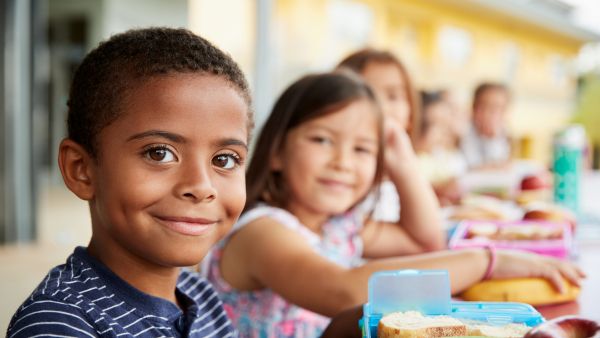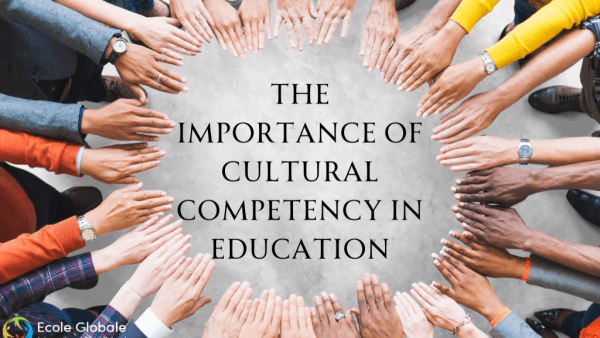Today the European Parliament has strongly supported a resolution on education for children in emergency situations and protracted crises.
According to UN estimates, one billion children live in conflict-affected areas and an estimated 175 million children are likely to be affected by natural disasters every year. As the resolution points out, education is a fundamental right and the right of every child. Out-of-school children and adolescents face a higher risk of early marriage, pregnancy, recruitment into armed groups, trafficking and labour exploitation. Universal high-quality public education is thus a catalyst for development. Education is a powerful tool that contributes to overcome trauma, acquire skills to rebuild and reintegrate their societies and limit the possibilities of radicalisation.
Linda McAvan, chair of the European Parliament development committee, said:
"The EU and member states should systematically include education and protection of children in the whole emergency response cycle. Following the establishment of different EU Trust Funds, we must work to ensure they are effective tools to better link humanitarian and development work. These Funds should bear in mind the crucial role of education and ensure that education is a priority when allocating resources."
S&D EP standing rapporteur for humanitarian aid, Enrique Guerrero Salom said:
"The long term cost of leaving millions of children and young people without education is far greater than the funds required. This resolution is in line with the S&D Group campaign to ensure that the 2016 EU budget includes an additional 26 million to projects providing access to education for children in humanitarian crises and that at least 4 per cent of EU humanitarian aid spending goes to education by 2019.
"We cannot waste the talents of a generation. Access to education in emergencies and crises is a legitimate request and therefore we have sent a strong sign to the first-ever World Humanitarian Summit, to be held in May 2016 in Istanbul: to encourage international donors to commit themselves to also achieve the goal of allocating 4 per cent of humanitarian aid to education."
Silvia Costa, chair of the culture and education committee, said:
"Despite the improvement attained via the Millenium Development Goals, achievements in education in the last fifteen years have been slow or non-existent in conflict affected countries and fragile states, and more efforts are needed. There is also a need for greater commitment to ensure adequate education standards inside reception schemes for children refugees, both in member states and in those countries in emergency situations and protracted crises. We also recall the proposal to establish "education corridors" to ensure that students from countries in conflict situation are accepted in European universities.
Note to editors
The S&D Group is calling for 4% of the global humanitarian aid budget to be spent on education. Read more about our EDUCA campaign here.
Related content
Find out more









